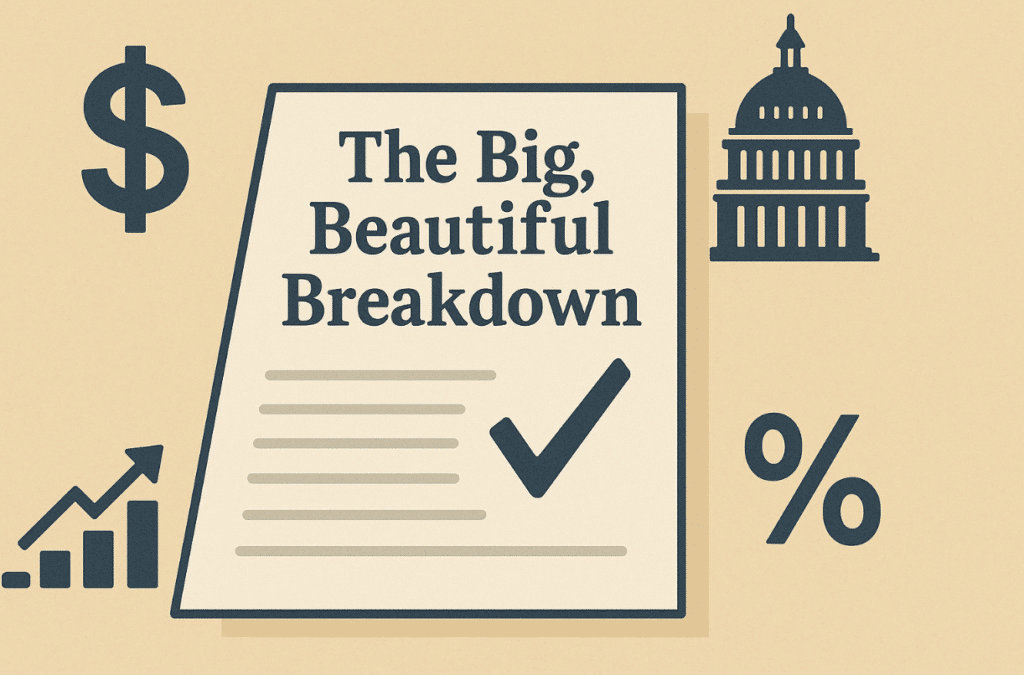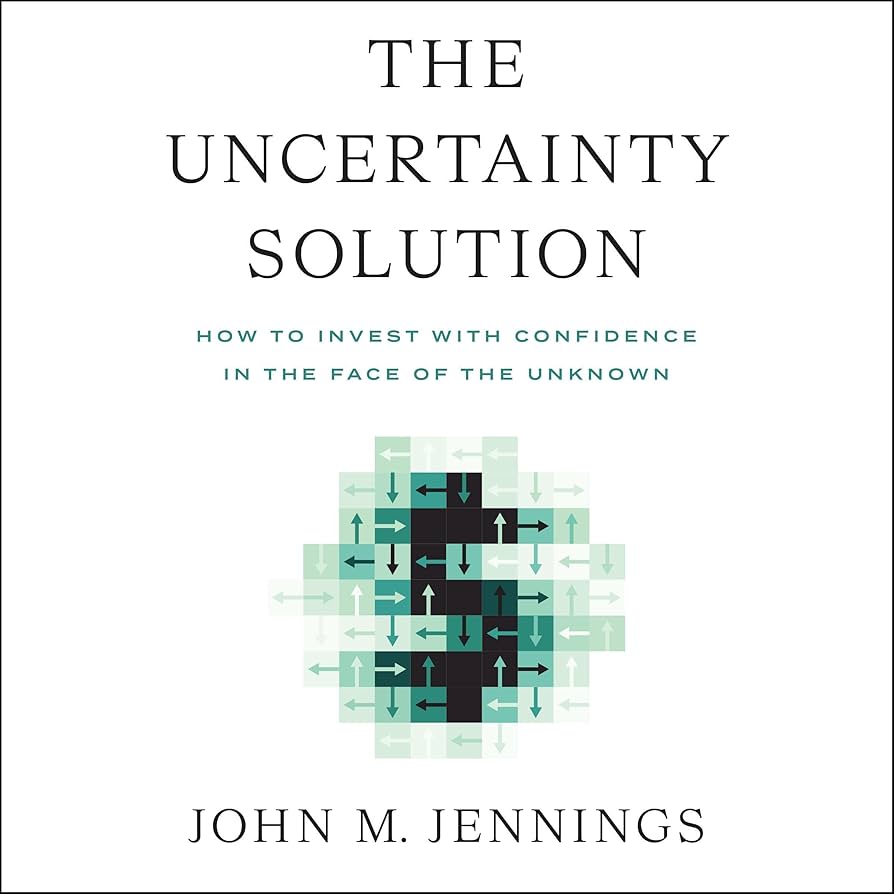Cryptocurrencies have made plenty of headlines over the past few years for their growth, long-term potential, and revolutionary nature. And once you understand how they work, it’s easy to see why. But recently they’ve been in the news for a new reason…
There’s been a crash.
If you’ve already invested in, or were considering getting involved with cryptocurrencies, now’s the time to deepen your understanding. Together we’ll review the crash that happened, why it happened, and what may happen going forward.
The Crypto Crash
The recent “crypto crash” you may have seen in news headlines is in reference to the significant loss in values for both major cryptocurrencies and their associated, publicly traded companies. These loss in values include, but are certainly not limited to:
-
- Bitcoin: The leading crypto currency, saw a valuation drop of over 43% since November, 2021. And it’s present value is the lowest it has been since July, 2021.1
-
- Crypto-Related Stocks: Coinbase, the crypto trading platform and Silvergate Capital, a crypto bank saw their share prices plummet. Since November, 2021, they saw drops of 49% and 87% respectively.6 7
What Caused The Crypto Crash?
Reasons behind crashes in finance can be infinitely complex, and cryptocurrencies are certainly no exception (and this is likely not the last crash for Cryptos). However, there does seem to be a general consensus as to some of the reasons. They include, but are not limited to…
Unknown Fair Market Value(s)
As of now, Cryptos are not even generally accepted as currency. Meaning they are just an asterisk in the dictionary underneath the traditional definition of “currency.” But perhaps, and even more importantly, cryptos are not a “business.”
Businesses have sales or revenues, and costs or expenses. The difference between those two numbers is a profit or a loss. If the sales or profits of that business are competitive enough, that business will have value to the market. And that value can be exchanged with investors who want to buy it, which translates to that business’s fair market value.
But cryptos are designed only as a method of payment, and that’s all. So cryptos aren’t being bought based on a quantifiable value output. They’re being bought on speculation, or what they may be worth as a payment alone. This is part of the reason why cryptos have been fluctuating so wildly in value.
P.S. If you want to see a great commercial parodying this, check out the one Intuit made here.
Ease Of Influence
Other drivers of cryptos’ insane fluctuations are found in outside influencers like the government and social media. With cryptocurrencies still being revolutionary and rapidly evolving, a sudden change in policy or major Tweet can send cryptos soaring or plummeting.
For example, China sent Bitcoin prices dropping when the country decided to ban all crypto-related transactions back in 2021.8 And Elon Musk sent a crypto (Dogecoin) skyrocketing when he Tweeted Tesla would accept it as payment for some of its merchandise.14
Lack of Liquidity
Generally speaking, the cryptocurrency market has less liquidity when compared to traditional markets. This means sellers can have a harder time finding buyers for cryptos than good ol’ fashioned stocks. As a result, supply can outstrip demand and send prices down. This issue is only worsened during a cycle of panic selling.9
Ties To Traditional Markets
Part of the appeal of cryptocurrencies is their ability to escape the rules, valuations, and fluctuations of traditional markets. And true believers in crypto see this detachment as vital to its success. In fact, many pro-crypto investors anticipate cryptos will vastly outperform the traditional markets in the long run. They may be spot on, or foolishly naive.
We just don’t know.
Nevertheless, cryptos haven’t been able to sever ties to traditional markets entirely. Mainstream adoption by individual investors, investment banks, and societies at large has formed a stronger bond between the two. So when the traditional market drops, you can see a ripple effect.10
Other Bad News For Crypto
It’s also worth noting that crypto’s overall reputation has also had a “crash” of sorts. Cryptocurrencies have been receiving a lot of negative attention recently for their exploitative possibilities. And there have been two major categories coverage has focused on: the environment and scams.
Preserving the planet is at the top of mind for many Americans. A recent Yale University study on American attitudes towards climate change found that the majority felt “alarmed” or “concerned” about the phenomenon.11 And a University of Cambridge analysis found that bitcoin mining uses up 121.36 terawatt hours a year.12
This energy consumption is greater than the entire country of Argentina and the combined energy consumption of Facebook, Apple, Microsoft, and Google. To make matters worse, only 39% of this energy is coming from renewable sources.12
And if that still wasn’t enough, cryptocurrencies have also been involved with a number of highly publicized scams. A recent example was actually tied to the Netflix original series Squid Game.
Long story short, a group of developers created a Squid Game inspired cryptocurrency and opened it up to investors. In less than a week, the token’s value went from $0.01 to $2,856. The developers then stopped all trading activity and made off with money, which in this case was estimated to be around $3.38 million.13
Where Do We Go From Here?
If anyone tells you they know exactly what cryptos are going to do, they’re lying. When they first came on the scene many wrote them off as a potential fad (myself included). But they proved me and much of the world wrong. They soared in value, influenced government policies, and were adopted by major businesses.
But like all other investment sectors, the upward trend couldn’t go on forever. Aspects like highly speculative value, poor liquidity, and mainstream adoption in a down market brought on a correction. Additionally, media coverage of cryptocurrencies has cast a negative (but very needed) light on cryptos’ ability to exploit both the environment and their investors.
So where do we go from here' Are cryptocurrencies destined to crash and burn' Or should you invest now to take advantage of an only temporary dip'
Personally, I think they’re worth owning.
But only for the amount of your net worth you are willing to speculate with. I’m still a believer that stocks and real estate make people rich over the long-term and that likely won’t change. That being said, I don’t think cryptocurrencies are going away. And they may hold tremendous upside for investors if they do replace traditional currencies (ex: their ability to resist inflation).
At Crafted Finance we would be happy to continue to discuss the ever-changing landscape of cryptocurrencies. If you have any further questions feel free to reach out to us at (650) 336-0598 or fill out a contact card here, and we’ll reach out to you.













